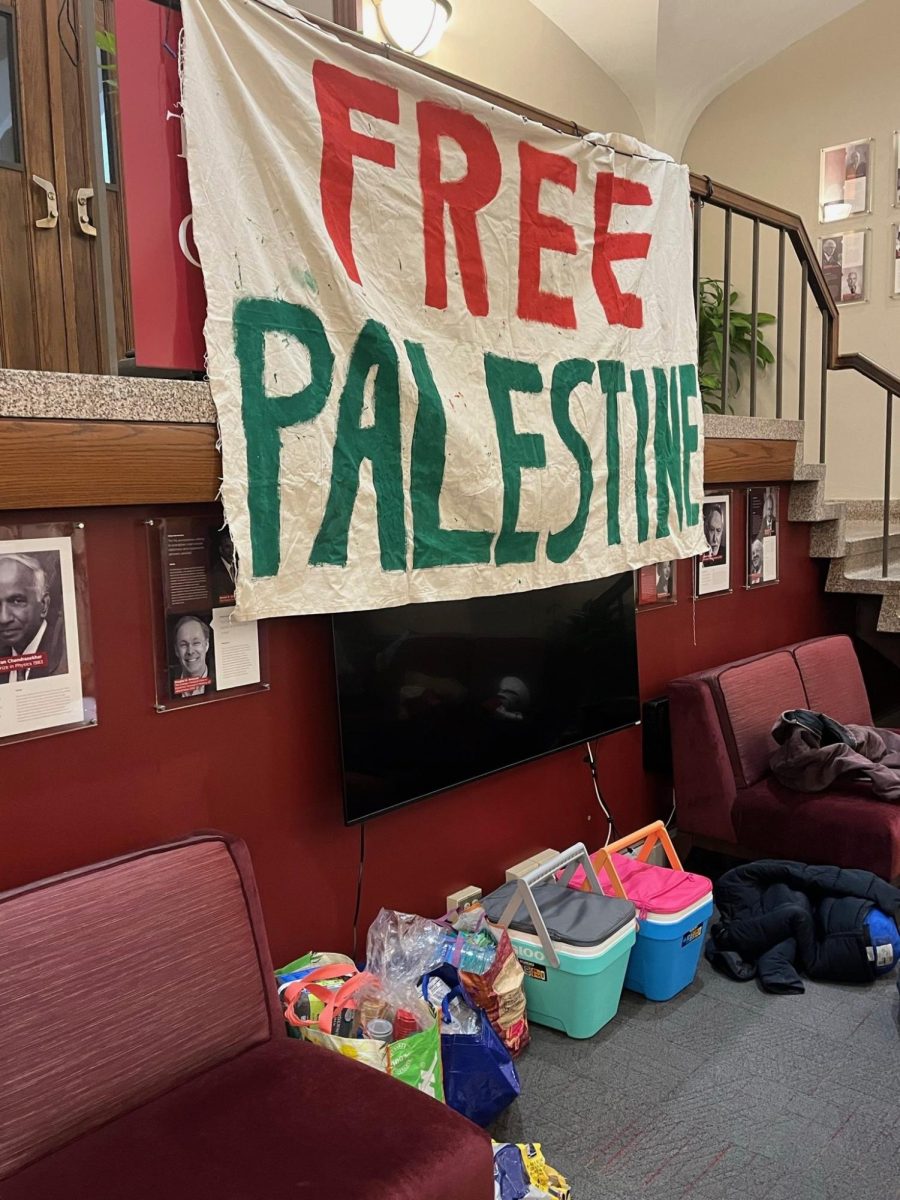Graduating from college is the most important way that kids from challenged circumstances can change the courses of their lives, improving their career opportunities, earnings, and social status. The White House recently gathered nearly 100 higher education leaders to announce new initiatives for reducing barriers to this end.
Although the White House did not offer funding or legislation for new programs (although the latest budget deal does include an increase in funding for already existing Pell grants), it hoped to use the power of its bully pulpit to get universities to take serious action. We were pleased that President Obama highlighted UChicago’s new College Success Initiative in his remarks as an example of how universities can promote college preparation, access, and success.
Students from low-income families and from urban and rural areas where the schools are in distress tend to choose colleges that are ostensibly inexpensive. But these colleges can still leave students with significant debt after graduation. Meanwhile, the elite, selective universities have the resources to offer the most generous financial aid for low-income families, but also have high admission standards that scare off worthy students.
There’s a particular group of students we are failing, and it’s not just the obvious ones. Across the country there are students who are qualified to attend selective colleges, and in many cases receive significant financial aid, but who don’t even apply. This “undermatching,” where great students don’t try for the best school they can get into, has been documented by research at the University of Chicago, Stanford, Harvard, and elsewhere. A 2008 study of students in the Chicago Public Schools found that only about a third of students who could attend a selective or very selective school do so. The biggest barriers seem to be concerns about cost, lack of understanding about the available financial aid, and simply being overwhelmed by the complicated college admissions process.
The University of Chicago has been a leader in a nationwide effort by creating opportunities for high-achieving students from low-income families to realize their full potential in college.
In 2007 a $100 million anonymous gift funded the Odyssey Scholars program, which reduces or eliminates loans for hundreds of our undergraduates. More recently we launched UChicago Promise, which allows any student from the city of Chicago to apply to the University of Chicago without fees and, if accepted, to attend debt-free. Just as important, an array of UChicago Promise programs, through partnerships with local schools, also help prepare students academically for admission to other colleges and universities across the country and provide much-needed help in navigating the admissions and financial aid process.
Though UChicago Promise is a young program, its initial impact has been striking. The number of applicants to UChicago from city high schools increased in the first year by nearly 49%, and the number enrolling grew by 59%. A total of 45 Chicago students received full-tuition scholarships, up from 23 in the year before UChicago Promise. More than 1,100 students and families and more than 100 high school counselors participated in our new admissions academies. More than 250 students participated in college-bound programs such as Collegiate Scholars and Upward Bound. Of those, 90% of the Upward Bound students and 100% of those in Collegiate Scholars were accepted to a four-year college.
In addition, funded by a $10 million gift, the University is using the power of its research and practice in pre-K–12 education through the Urban Education Institute to create new tools and training for schools across the country. This new College Success Initiative, mentioned by President Obama, will provide college readiness curricula and tools for tracking student success, reaching 10,000 schools over the next five years.
Colleges and universities are quite diverse, with differing strengths, resources, and pressures. These types of programs are not feasible or the best answer for every school, and universities across the country are tackling the problems of cost and access in a variety of ways. By inviting colleges to offer the solutions that are best for their particular institution, the White House provided a great start to an important conversation.
—Derek R.B. Douglas, vice president for civic engagement and a former White House special assistant on urban policy issues






